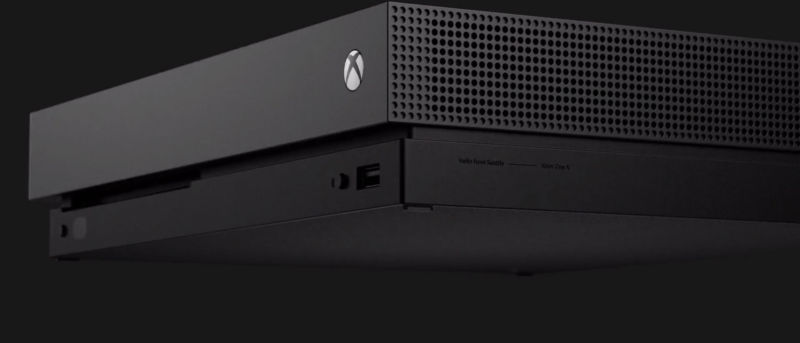
Microsoft is preparing to launch a new app store for games on iPhones and Android smartphones as soon as next year if its $75 billion acquisition of Activision Blizzard is cleared by regulators, according to the head of its Xbox business.
New rules requiring Apple and Google to open up their mobile platforms to app stores owned and operated by other companies are expected to come into force from March 2024 under the EU’s Digital Markets Act.
“We want to be in a position to offer Xbox and content from both us and our third-party partners across any screen where somebody would want to play,” said Phil Spencer, chief executive of Microsoft Gaming, in an interview ahead of this week’s annual Game Developers Conference in San Francisco.
“Today, we can’t do that on mobile devices but we want to build towards a world that we think will be coming where those devices are opened up.”
Microsoft is fighting with regulators in the US, Europe and UK, which have all raised concerns about the potential impact on competition from the owner of the Xbox console buying the developer of Call of Duty, one of the world’s most popular games franchises. PlayStation maker Sony has been a vocal opponent of the deal.
However, Spencer argued that the deal could boost competition in what he called the “largest platform people play on”—smartphones—where Apple and Google operate what some antitrust authorities have called a “duopoly” over distribution of games and other apps.
“The Digital Markets Act that’s coming — those are the kinds of things that we are planning for,” he said. “I think it’s a huge opportunity.”
Under the DMA, the EU is expected to designate Apple and Google as “gatekeepers,” requiring them to change the rules that govern how apps are distributed on iPhones and Android devices. However, the big tech companies could appeal against the designation, delaying enforcement beyond next March’s deadline.
While acknowledging it was hard to predict exactly when Microsoft would be able to launch its own store, Spencer said it would be “pretty trivial” for the company to adapt its Xbox and Game Pass apps to sell games and subscriptions on mobile devices. Microsoft’s current lack of mobile games was an “obvious hole in our capability” that it needed Activision Blizzard to fill, he added.
Hit titles such as Call of Duty Mobile, Diablo Immortal and Candy Crush Saga, as well as more in development, would be “critically important” in attracting players away from Apple and Google’s marketplaces to an Xbox mobile store, he said.
Microsoft and Apple have tussled for years over how the software giant’s cloud-based gaming service, which is part of Xbox Game Pass, operates on iPhones.
Microsoft has argued Apple’s App Store rules restrict its ability to offer cloud gaming through a single app that runs natively on the iPhone, forcing users to access the service via a web browser, resulting in lower performance.
Apple has denied it blocks cloud gaming apps, but App Store rules require providers to list each game on the App Store individually. Similar to restrictions on Amazon’s Kindle ereader app, Apple does not allow individual games to be purchased from a storefront within native apps.
The UK’s Competition and Markets Authority announced in November that it was investigating Apple’s stance on cloud games, following its Mobile Ecosystem Market Study.
But the CMA is also proving a significant hurdle to Microsoft completing its acquisition of Activision Blizzard, after the agency last month said the deal raised multiple competition concerns that could only be resolved by a spin-off of its blockbuster Call of Duty franchise.
Microsoft has argued that divesting Call of Duty would undermine its rationale for the deal, which was first announced in January last year. It is trying to persuade the CMA that proposed behavioral remedies, such as commitments to license Call of Duty to rival consoles and cloud services, such as its recent deals with Nintendo and Nvidia, would satisfy its concerns.
In Brussels, Microsoft had made “binding commitments” to the European Commission to make Activision Blizzard content available to rival cloud gaming providers, as part of a deal to appease competition concerns with EU regulators, said people with direct knowledge of the discussions.
The concessions were a sign that regulators in Brussels had dropped key concerns to narrow their investigation on cloud gaming, these people said.
Additional reporting by Javier Espinoza in Brussels
© 2023 The Financial Times Ltd. All rights reserved. Not to be redistributed, copied, or modified in any way.










